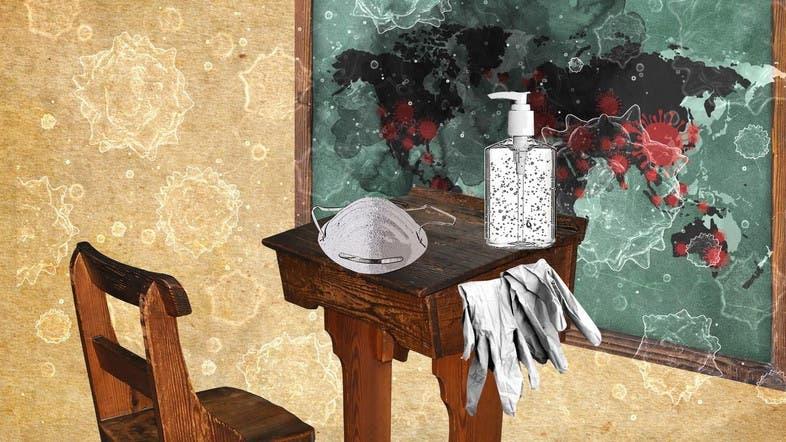What History Teaches Us About The Covid-19 Pandemic
Authored by Dr. Stephen Davies via Al Arabiya,
Currently there is much debate over what kind of policy is best for dealing with the coronavirus epidemic. We are dealing with a true pandemic and have been ever since the virus was confirmed to have spread to every continent in early February. This will not be over by the summer but will last in a series of episodes for about eighteen months. The virus has a bad combination of qualities inasmuch as it is highly infectious but has serious effects in a large proportion of cases and a not-insignificant mortality rate while in addition another large part of those infected show no symptoms. What is worth doing is thinking about the likely longer-term results and here history is the best guide.
Pandemics and major epidemics are a recurrent feature of human history. A true pandemic is global but the term is also used for any epidemic that spreads widely beyond its geographical point of origin. In such cases it is spread by humans, though their movement and that of animals associated with us, such as rats and lice. Pandemics are epidemics that spread throughout what we may call an ecumene, a part of the world that has an integrated economy and division of labour, held together and produced by trade and exchange. What we now have is a truly global ecumene.
If we look at the history of pandemics, they tend to occur at the end of a period of increasing trade and economic integration over a large part of the planet’s surface. That is because those processes have results, such as much more human movement and increased urbanisation, that make major epidemics more likely. Historically pandemics have spread along trade and exchange routes. Several features of the way we live now make a serious pandemic more probable, particularly higher levels of globalization and modern intensive livestock farming because of the way it leads to new pathogens emerging in animals and then jumping species. Scientists have been concerned about this for some time and contingency plans drawn up, which are now being tested.
What will be the results of this pandemic?
The evidence of history is that pandemics arrest and delay, or even reverse, the process of economic integration. We are likely to see this now. There will be serious disruption to long distance supply chains and this will make many turn back to more local suppliers with consequently less long-distance integration of economies. This was already starting before the epidemic. We are also seeing far more controls over movement and not only across national borders but also within them. This is unlikely to be completely reversed so we will see a hardening of borders and much less international and long-distance travel. The pandemic will also possibly have significant political impacts. Historically epidemics weaken the legitimacy of states and rulers and often coincide with popular unrest.
They also weaken elites because they are proportionately more likely to catch infectious diseases, because they travel more and live in large metropoles that are the hubs of trade systems, and in today’s world are typically older than average. Another major and more widespread outbreak in China could have serious implications, particularly if the Communist Party is seen to have lost the “Mandate of Heaven” because of it. In addition, this particular epidemic may well add to other pressures on a fragile world finance and monetary system and trigger a sharp fall in asset values which will wipe out much of the wealth of the rich. As Walter Scheidel argues in The Great Leveller it is major catastrophes such as wars and pandemics that typically bring about big reductions in inequality.
Finally, and more speculatively, pandemics often have significant psychological and cultural effects. They are often associated with an upsurge in millenarian religion, with the idea that the end of the world is imminent, unless we change our wicked ways. This kind of quasi-religious belief has already found expression in movements like Extinction Rebellion and that is likely to gain strength, with unforeseeable political and cultural results. In contrast, many people react by thinking that if life is precarious, they may as well live for the moment and not hold back any of their desires. Some people have their trust in experts restored or strengthened but many lose what little faith they had and turn to fringe ideas – again a process that was already under way.
The pandemic the world is experiencing will pass but it will not be the last. Moreover, regardless of how severe it proves to be, history suggests that it will have consequences and impacts on the way people behave in the future, and these may be more important and have longer lasting consequences than the pandemic itself.
Tyler Durden
Mon, 03/16/2020 – 14:30
via ZeroHedge News https://ift.tt/2Qkx2M9 Tyler Durden
